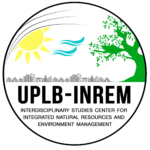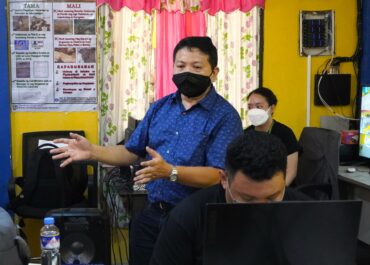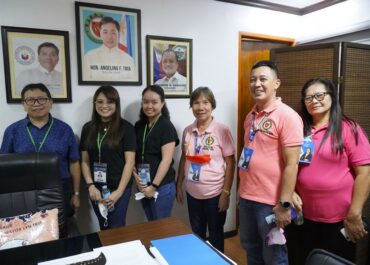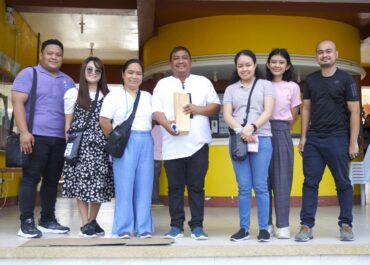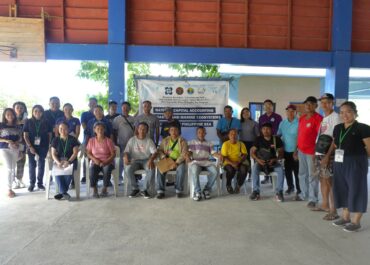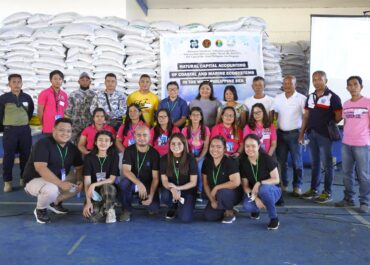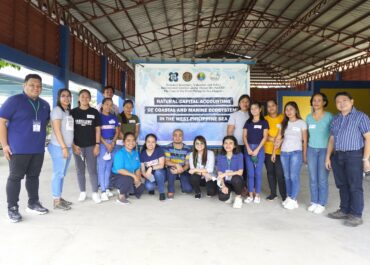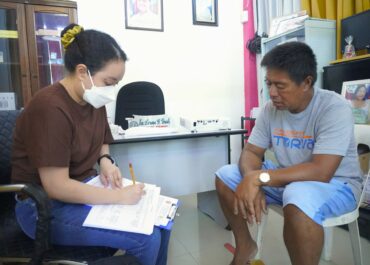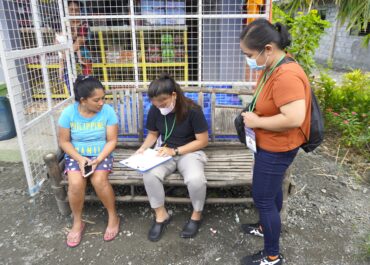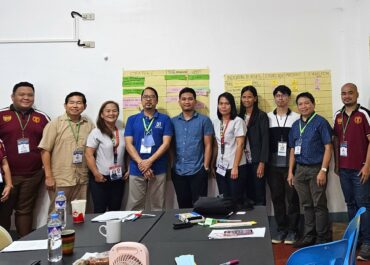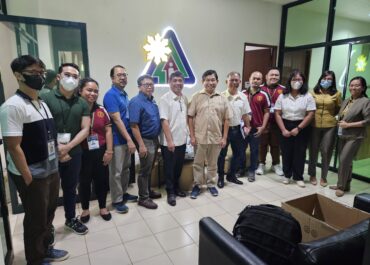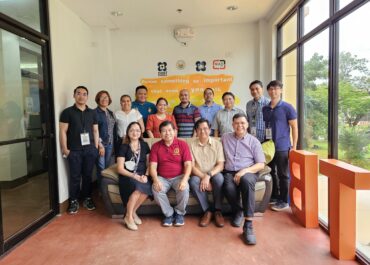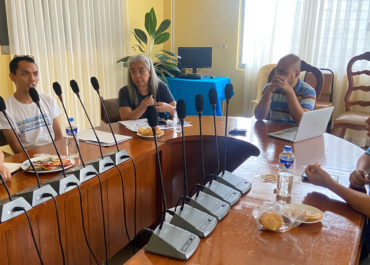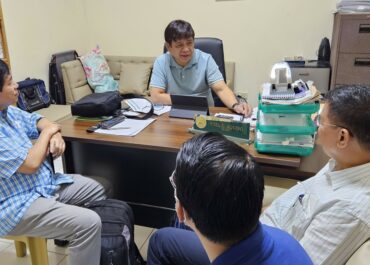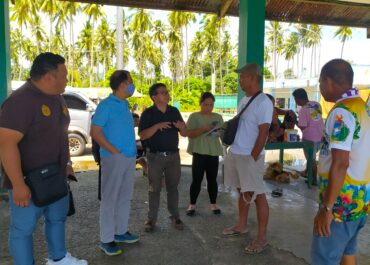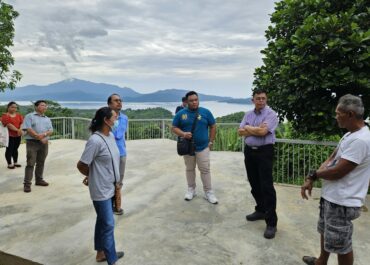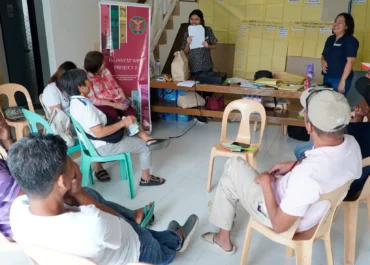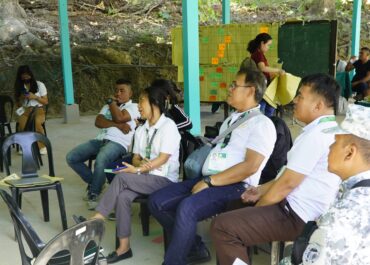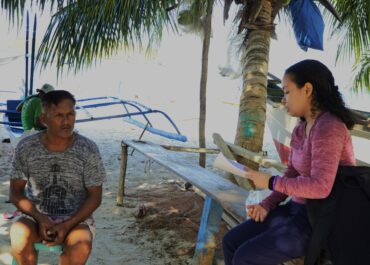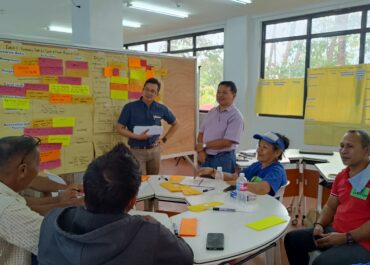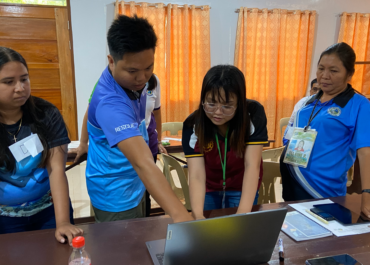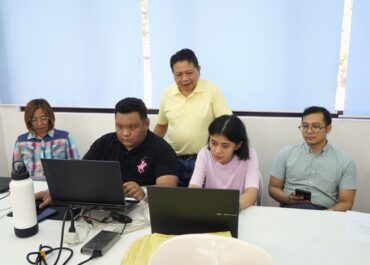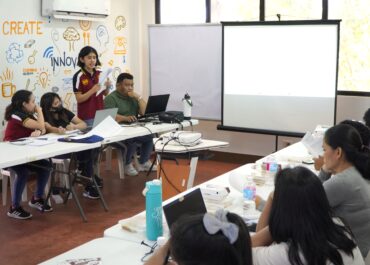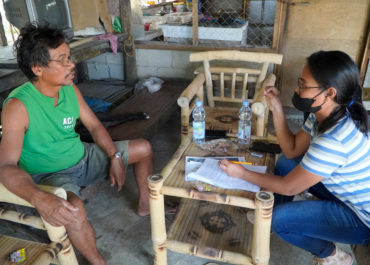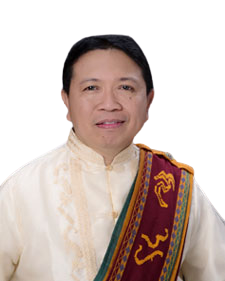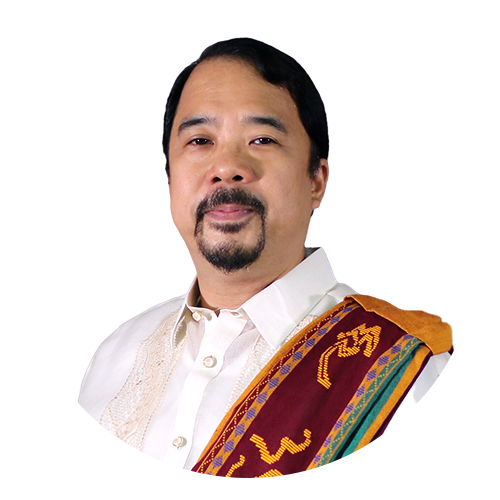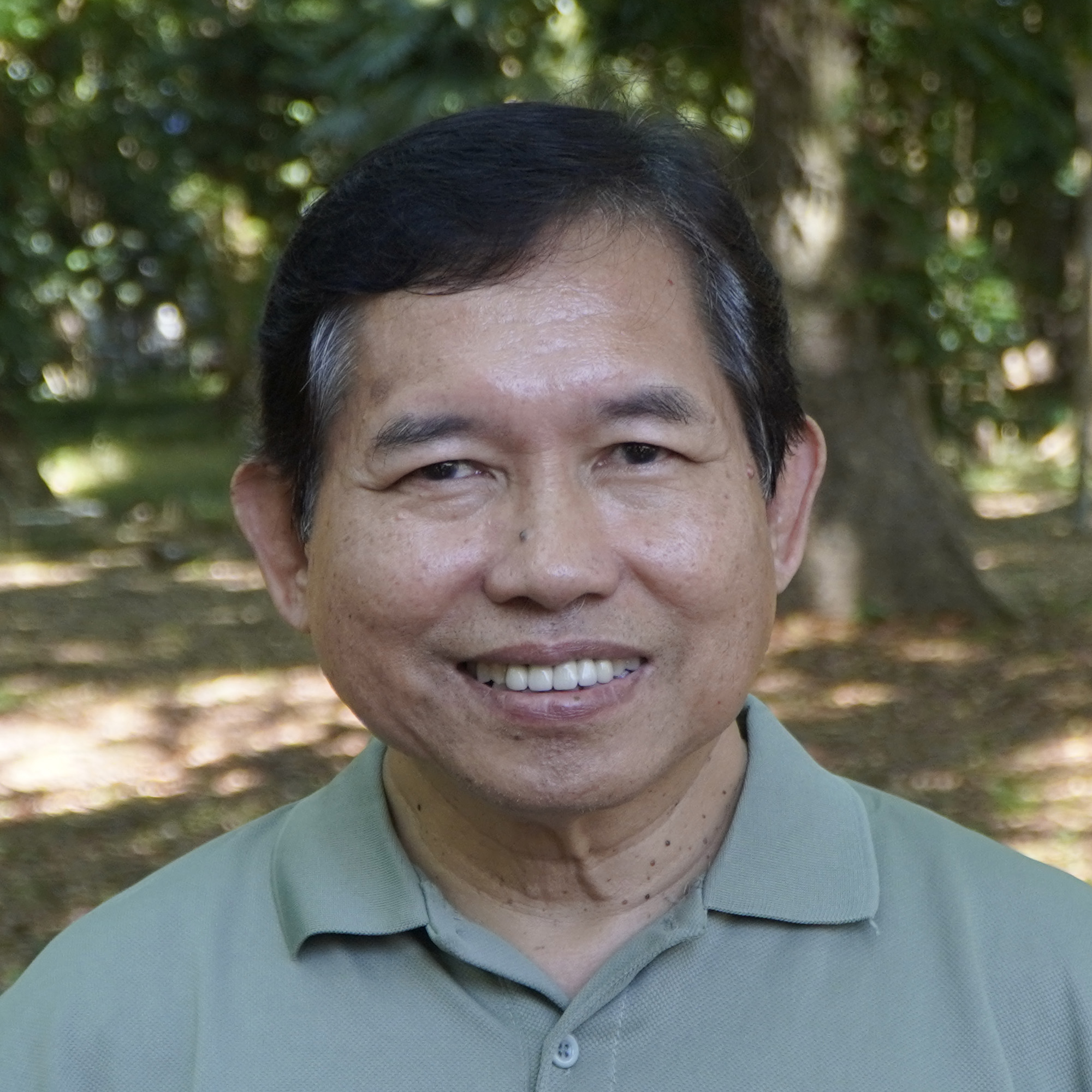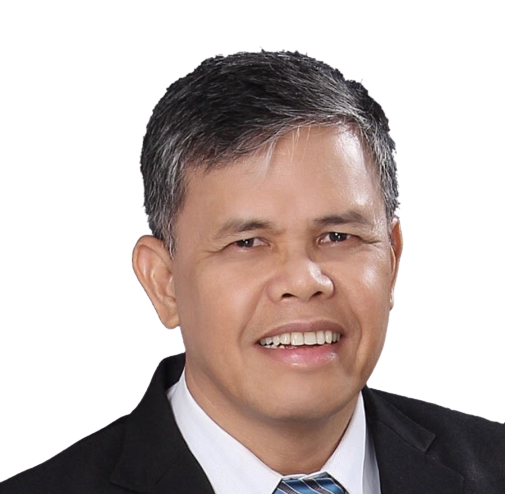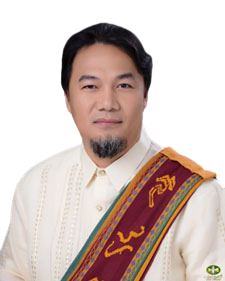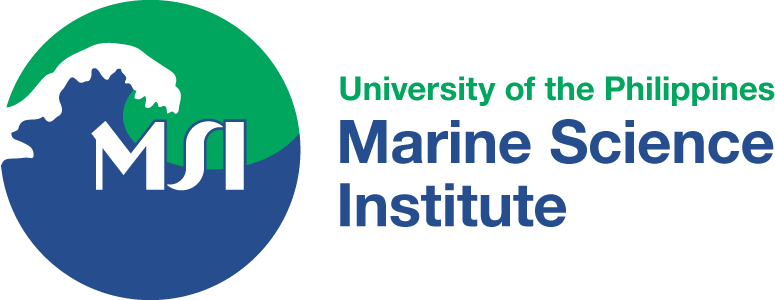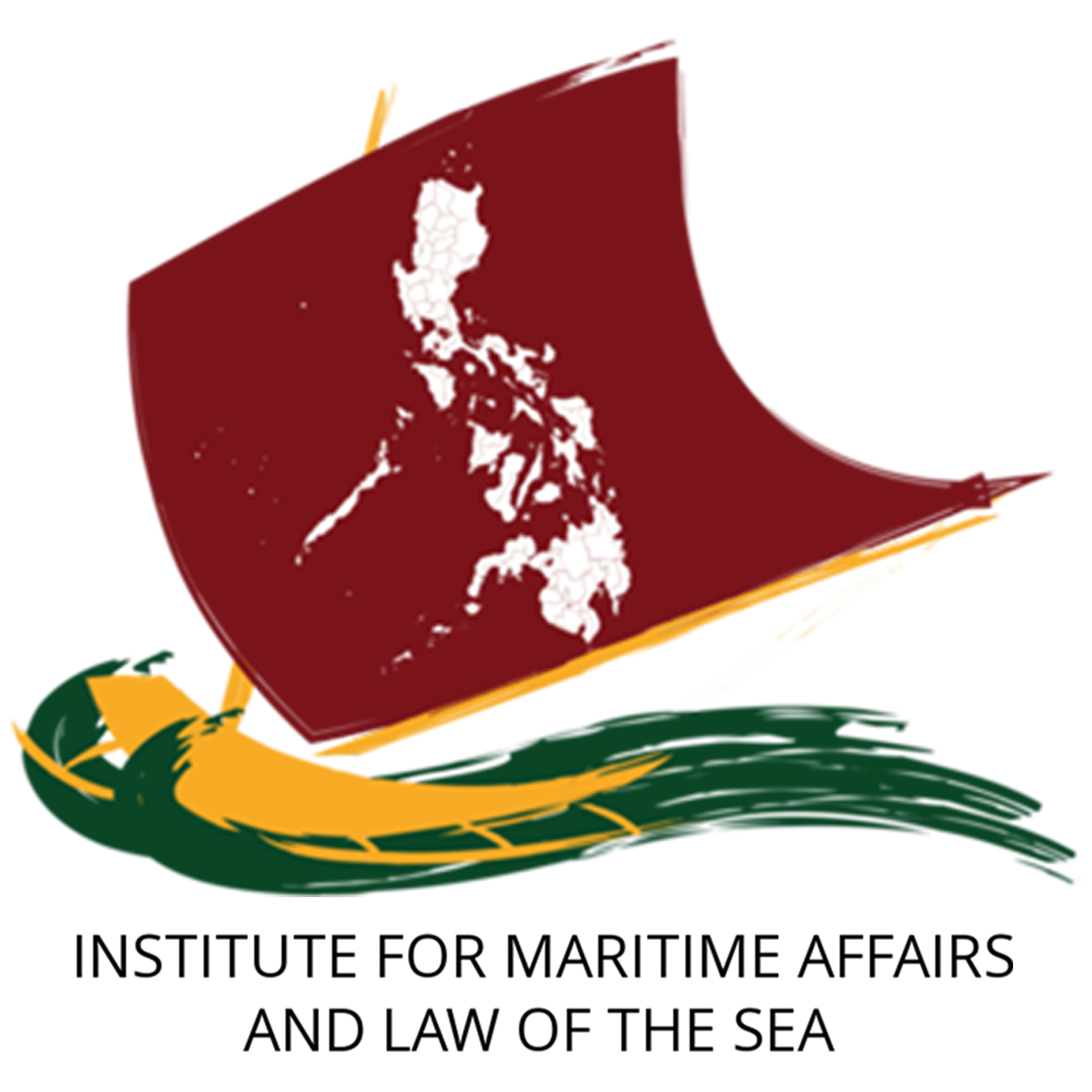Natural Capital Accounting of Coastal and Marine Ecosystems in the West Philippine Sea
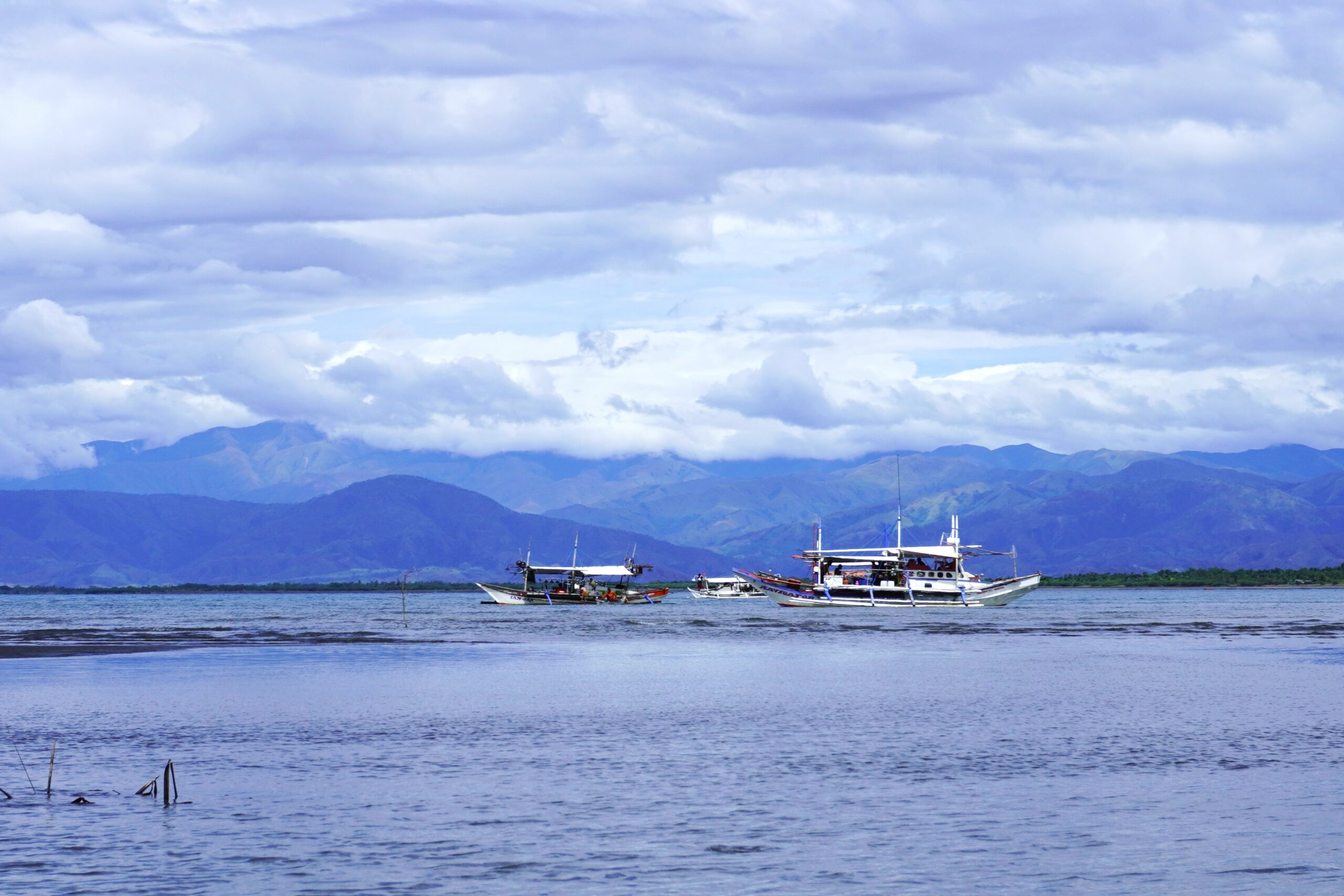
Project Overview
| Program Title | Resource Inventory, Valuation and Policy in Ecosystem Services under Threat (RE-INVEST): The Case of the West Philippine Sea |
| Project Title | Natural Capital Accounting of Coastal and Marine Ecosystems |
| Project Leaders | Canesio D. Predo (April 2022- October 2023) Asa Jose U. Sajise (November 2023 – March 2025) |
| Implementing Agency | Interdisciplinary Studies Center for Integrated Natural Resources and Environment Management (UPLB-INREM), University of the Philippines Los Baños |
| Cooperating Agencies | National Mapping and Resource Information Authority (NAMRIA) Palawan State University, Puerto Princesa City, Palawan President Ramon Magsaysay State University, Zambales Biodiversity Management Bureau Bureau of Fisheries and Aquatic Resources (BFAR) Palawan Council for Sustainable Development (PCSD) |
| Funding Agency | Philippine Council for Agriculture, Aquatic and Natural Research and Development of the Department of Science and Technology (DOST-PCAARRD) |
| Project Locations | Kalayaan Island Group (KIG); Western Palawan; Occidental Mindoro; Cavite; Bataan; Zambales; Pangasinan |
| Project Duration | 36 months (April 1, 2022 – March 31, 2025) |
| Budget | PhP 17,781,835.20 |
Executive Summary
The West Philippine Sea (WPS) comprises the maritime areas on the western side of the Philippine archipelago, probably the most important international waterway in the world rich in fishery, oil and gas around its coasts. Coastal ecosystems including the WPS are under severe stress from the combined impacts of human overexploitation, physical disturbance, pollution, sedimentation and general neglect. A handful of valuation studies on marine and coastal resources in the WPS have been conducted but these studies failed to account for the major assets of the WPS.
Project 2 of the RE-INVEST Program will develop a systematic and comprehensive accounting and valuation of the ecosystem assets and services of the WPS that conform to international guidelines and frameworks. Using natural capital accounting, estimation of the coastal and marine assets and services will be made by putting values to different components, and its contribution to the economy and human well-being will be analyzed.
Objectives
General: To develop a framework for coastal and marine natural capital accounting in WPS
Specific:
- Develop physical and monetary accounts using exchange and welfare values for coastal resources and ecosystem services;
- Determine the socio-economic profile of the major stakeholders of WPS natural capital;
- Demonstrate the use of physical and monetary accounts for policy-making and decision analysis; and
- Provide policy recommendations for the sustainable management of WPS natural capital.
Target beneficiaries
- Fisherfolk within the WPS
- National policy makers – local and national government agencies (NGAs)
- Graduate students
- List of potential state universities for capacity development:
- Palawan State University, Puerto Princesa City, Palawan
- Western Philippines University, Puerto Princesa, Palawan
- President Ramon Magsaysay State University, Zambales
- Pangasinan State University, Binmaley, Pangasinan
- Bataan Peninsula State University, Orani, Bataan
- Cavite State University, Naic Cavite
Potential Impacts
- Economic Impacts
- Improvement in income levels of communities, businesses, and local governments from conserving coastal and marine ecosystems;
- Sustained and robust market for ecosystem services contributing to local and national economic growth;
- Social Impacts
- More cohesive fisherfolk because of binding agreements and continued interaction;
- Higher concern and prioritization of the environment by communities, businesses, and government;
- Empowered communities implementing complementary environment conservation programs.
Project Outputs
- Product
- Coastal and marine natural capital accounts for WPS
- Standardized valuation protocol
- People Services
- Capacity building of stakeholders and project staff
- Educating the local and national government agencies (NGA) on the value of coastal and marine resources of WPS
- Recruitment of graduate students to pursue GREAT with PCAARRD and gather data in the site
- Places and Partnership
- Linkages with Local Government Units (LGUs), academe, NGAs that are mandated to protect/manage coastal resources
- Policy
- Policy brief
- Input to possible national law/policy on WPS
- Publication
- At least three complete drafts ready for submission to journal
